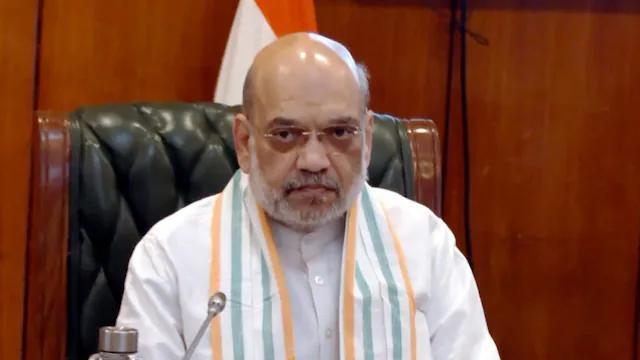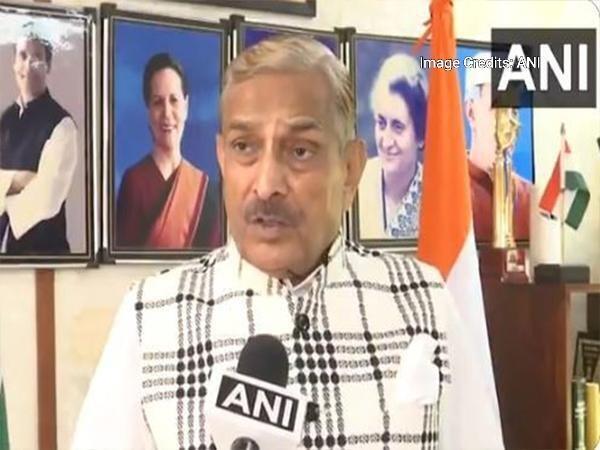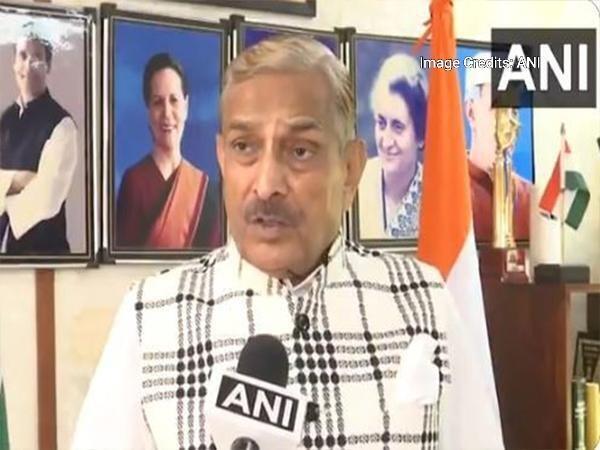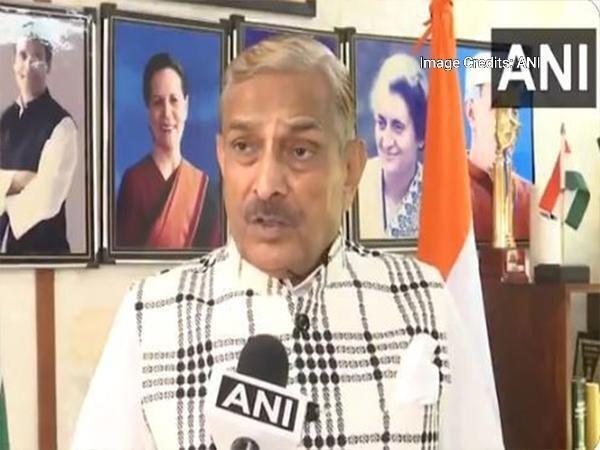
They Run Shops on Language to Hide Their Corruption: Shah on DMK
The debate on language has been a contentious issue in India for a long time, particularly in the southern states. The recent controversy surrounding the National Education Policy (NEP) has brought this issue to the forefront once again. The DMK, led by MK Stalin, has been alleging that the Centre is imposing Hindi on Tamil Nadu, while the Centre has been maintaining that the NEP is a step towards promoting linguistic diversity and inclusion. Amidst this backdrop, Home Minister Amit Shah recently made a scathing attack on the DMK, accusing them of using language as a tool to hide their own corruption.
Speaking at a public rally in Tamil Nadu, Shah said, “They run shops on language to hide their corruption. You should not divide the country in the name of language.” His comments have sent shockwaves across the political spectrum, with many interpreting his remarks as a direct attack on the DMK and its leadership.
The DMK has been accusing the Centre of imposing Hindi on Tamil Nadu, citing the NEP as evidence. The policy, which was introduced by the Centre in 2020, aims to revamp the education system in India. One of the key provisions of the policy is the promotion of regional languages, including Hindi, as a means of promoting national integration. However, the DMK has been protesting against the policy, alleging that it is an attempt to impose Hindi on non-Hindi speaking states.
The controversy surrounding the NEP has been brewing for some time now. The DMK, along with several other opposition parties, has been protesting against the policy, citing concerns about the imposition of Hindi on non-Hindi speaking states. The Centre, on the other hand, has maintained that the policy is a step towards promoting linguistic diversity and inclusion.
Amidst this backdrop, Shah’s comments have been seen as a direct attack on the DMK and its leadership. The Home Minister has been accusing the DMK of using language as a tool to hide their own corruption, suggesting that they are trying to divert attention from their own misdeeds by politicizing the issue of language.
The DMK has been quick to respond to Shah’s comments, accusing him of trying to stifle the language and cultural identity of Tamil Nadu. The party has been claiming that the Centre is trying to impose Hindi on Tamil Nadu, and that the NEP is a step towards this goal.
The controversy surrounding the NEP and the language debate in Tamil Nadu has far-reaching implications for the country. The issue has the potential to polarize the country along linguistic lines, and could have serious consequences for national unity and integration.
In recent years, the issue of language has been a contentious issue in India, particularly in the southern states. The DMK has been a strong advocate for preserving the language and cultural identity of Tamil Nadu, and has been accused of being overly sensitive to any perceived threats to these values.
However, the party’s protests against the NEP have been seen as an attempt to politicize the issue of language, and to use it as a tool to hide their own corruption. The Centre, on the other hand, has been maintaining that the policy is a step towards promoting linguistic diversity and inclusion.
The language debate in Tamil Nadu is not a new phenomenon. The state has a long history of linguistic activism, with many organizations and individuals advocating for the preservation of the Tamil language and culture. The DMK has been a key player in this movement, and has been accused of being overly sensitive to any perceived threats to these values.
However, the party’s protests against the NEP have been seen as an attempt to politicize the issue of language, and to use it as a tool to hide their own corruption. The Centre, on the other hand, has been maintaining that the policy is a step towards promoting linguistic diversity and inclusion.
The controversy surrounding the NEP and the language debate in Tamil Nadu has far-reaching implications for the country. The issue has the potential to polarize the country along linguistic lines, and could have serious consequences for national unity and integration.
In conclusion, Shah’s comments have sparked a heated debate on the issue of language in Tamil Nadu. The DMK has been accused of using language as a tool to hide their own corruption, while the Centre has been maintaining that the NEP is a step towards promoting linguistic diversity and inclusion. The controversy surrounding the NEP and the language debate in Tamil Nadu has far-reaching implications for the country, and could have serious consequences for national unity and integration.






